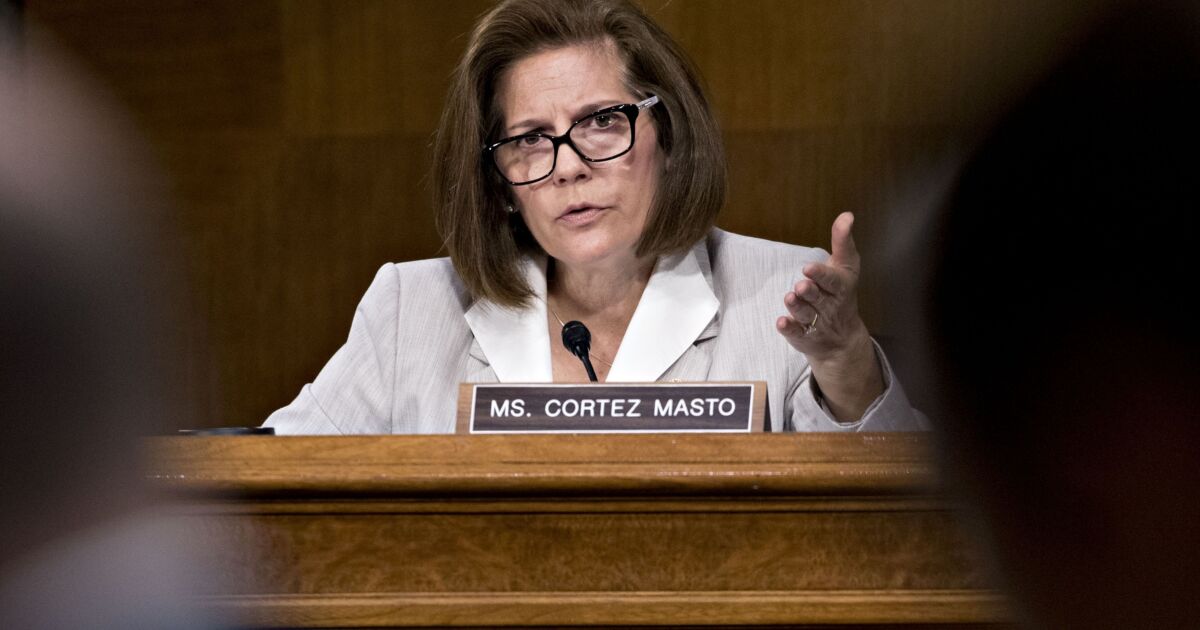Trends that once posed challenges for mortgage-backed securities are now transforming into market drivers according to a new report by an influential money management firm.
The yield curve, interest rate volatility, the Federal Reserve’s quantitative tightening, the
The report is notable because DoubleLine’s CEO,
“As 2025 begins, there are reasons to be cautiously optimistic about agency MBS,” said Kunal Patel and Alex Shvartser, portfolio managers at the DoubleLine, in the research paper.
For example, yield curve conditions have improved and are able to continue to do so, according to DoubleLine.
“Any weakness in the economy should result in falling Treasury yields along the curve, which should then be reflected in a broad agency MBS rally,” the portfolio managers said in their report.
Also, while rate volatility is still historically high, Patel and Shvartser noted that it’s fallen since the results of voting last fall became clear.
“This should result in an agency MBS rally, especially in higher coupon mortgages most sensitive to such changes,” they said in the report.
“A tightening current-coupon spread tends to be a rising tide that lifts all boats, and mortgages in the middle and lower coupon ranges should perform well in this scenario,” Patel and Shvartser added.
When it comes to QT runoff from the Fed’s portfolio, bonds sold due to the 2023 crisis and reduced depository purchases of bonds that year all now have an upside because they’ve broadened other types of investor interest in mortgage securitizations.
“While this was a headwind to the market initially, it ultimately had the effect of validating the liquidity available in both pass-through mortgages and the collateralized mortgage obligation subsector,” the portfolio managers noted, commenting on the 2023 crisis.
Other agency MBS forecasts also have noted investor demand has strengthened.
FHN Financial reported in commentary on the 2025 outlook that there’s been “a supportive balance of supply and demand.”
The agency MBS holdings of mutual funds, banks and overseas investors all “have grown noticeably in 2024 after falling off in 2022 and 2023,” Walt Schmidt, senior vice president of mortgage strategies, said in that report.
To be sure, most prognosticators acknowledge some risks to their predictions.
“We still face some unknown variables, including the potential effects of U.S. government policy shifts under a new administration, unforeseen geopolitical shifts and inflation,” Newfleet Asset Management noted in its fixed income outlook.
DoubleLine’s report said one of the main wild cards in the forecast for this year is the possibility that monetary policymakers will see a pickup in inflation and decide to raise rates.
“While this is by no means DoubleLine’s base case, it does represent the most direct risk to agency MBS,” the portfolio managers at that company said.
Publisher: Source link











